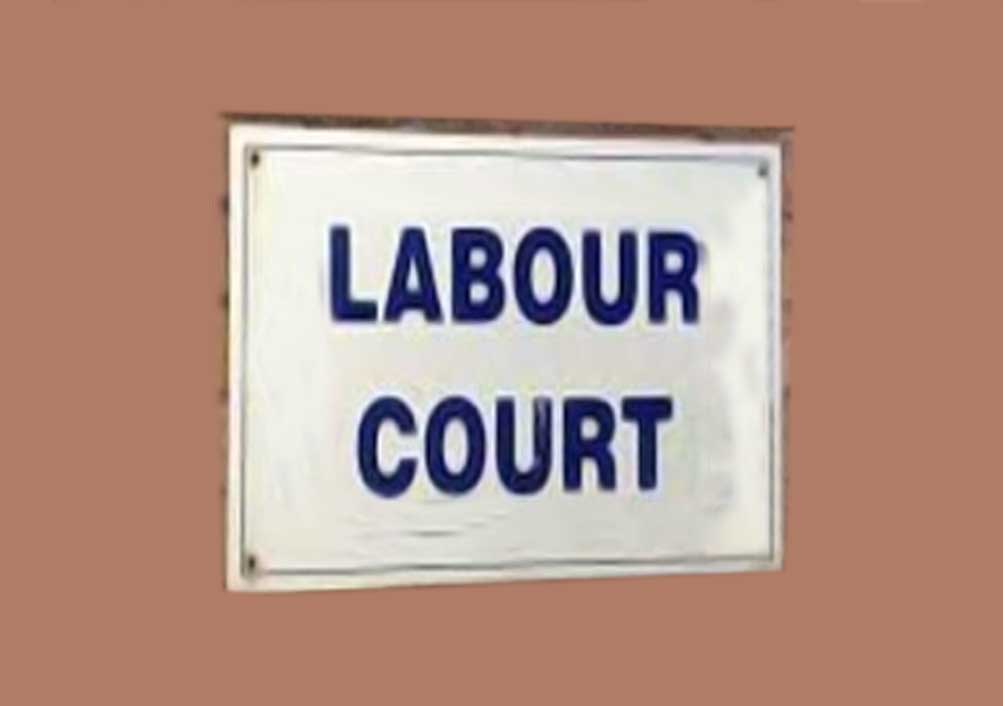In application u/s 33(C)(2) of Industrial Disputes Act, Labour Court has no jurisdiction to adjudicate dispute of entitlement or basis of claim of workmen: SC

Read Judgment: M/s Bombay Chemical Industries V. Deputy Labour Commissioner & Anr.
Pankaj Bajpai
New Delhi, February 7, 2022: While hearing an appeal challenging direction of the Labour Court, which was confirmed by the High Court, wherein the Labour had adjudicated the employer employee dispute, the Supreme Court has opined that in an application u/s 33(C)(2) of the Industrial Disputes Act, the Labour Court has no jurisdiction and cannot adjudicate dispute of entitlement or the basis of the claim of workmen.
It can only interpret the award or settlement on which the claim is based, added the Court.
A Division Bench of Justice M.R. Shah and Justice B.V. Nagarathna observed that the Labour Court ought to have relegated the employee-second respondent to initiate appropriate proceedings by way of reference and get his right crystalized and/or adjudicated upon.
Going by the background of the case, the employee moved an application before the Labour Court u/s 33(C)(2) of the Industrial Disputes Act demanding a difference of wages from April 1, 2006 to March 31, 2012. The said application was, however, contested by Bombay Chemical Industries (Appellant) denying any relationship of employee-employer. The Presiding Officer, Labour Court, allowed the application and directed the appellant to pay the difference of wages as claimed. On Writ petition being filed, the High Court confirmed the order passed by the Presiding Officer, Labour Court u/s 33(C) (2) of the Industrial Disputes Act. Hence, this appeal was filed.
After considering the submissions, the Top Court observed that once there was a serious dispute that the second respondent worked as an employee of the appellant and there was a very serious dispute raised by the appellant that the second respondent was not in employment as a salesman as claimed by him, thereafter, it was not open for the Labour Court to entertain disputed questions and adjudicate upon the employer-employee relationship between the appellant and second respondent.
Speaking for the Bench, Justice Shah quoted the decision of the Top Court in Municipal Corporation of Delhi Vs. Ganesh Razak and Anr., (1995) 1 SCC 235 , wherein it was observed that without prior adjudication or recognition of the disputed claim of the workmen, proceedings for computation of the arrears of wages and/or difference of wages claimed by the workmen shall not be maintainable u/s 33(C)(2) of the Industrial Disputes Act.
“…when there was no prior adjudication on the issue whether respondent No.2 herein was in employment as a salesman as claimed by respondent No.2 herein and there was a serious dispute raised that respondent No.2 was never in employment as a salesman and the documents relied upon by respondent No.2 were seriously disputed by the appellant and it was the case on behalf of the appellant that those documents are forged and/or false, thereafter the Labour Court ought not to have proceeded further with the application under Section 33(C)(2) of the Industrial Disputes Act”, added the Bench.
The Apex Court therefore quashed the order passed by the High Court as well as that of the order passed by the Labour Court u/s 33(C)(2) of the Industrial Disputes Act.
The second Respondent was relegated to avail any other remedy which may be available under the Industrial Disputes Act, including that of reference to adjudicate his right as an employee of the appellant as claimed by him.
Sign up for our weekly newsletter to stay up to date on our product, events featured blog, special offer and all of the exciting things that take place here at Legitquest.




Add a Comment